|
| NEWS |
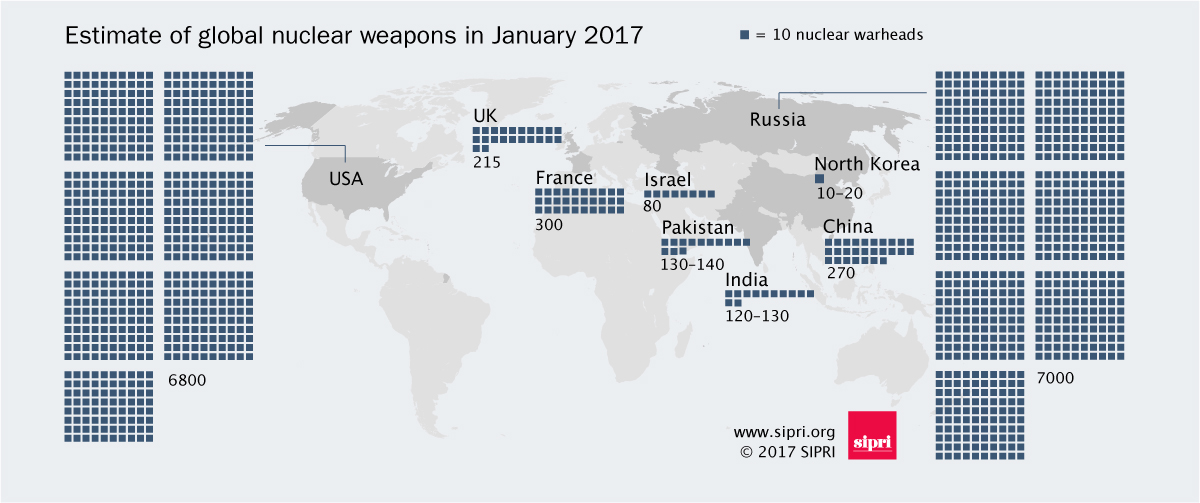 |
| Global nuclear weapons: Modernization remains the priority |
| In July SIPRI published new data on global nuclear forces. The data shows that while the overall number of nuclear weapons in the world continues to decline, all of the nuclear weapon-possessing states are in the process of modernizing their nuclear arsenals. |
|
| Read the Press Release | Download the Fact Sheet |
|
|
| |
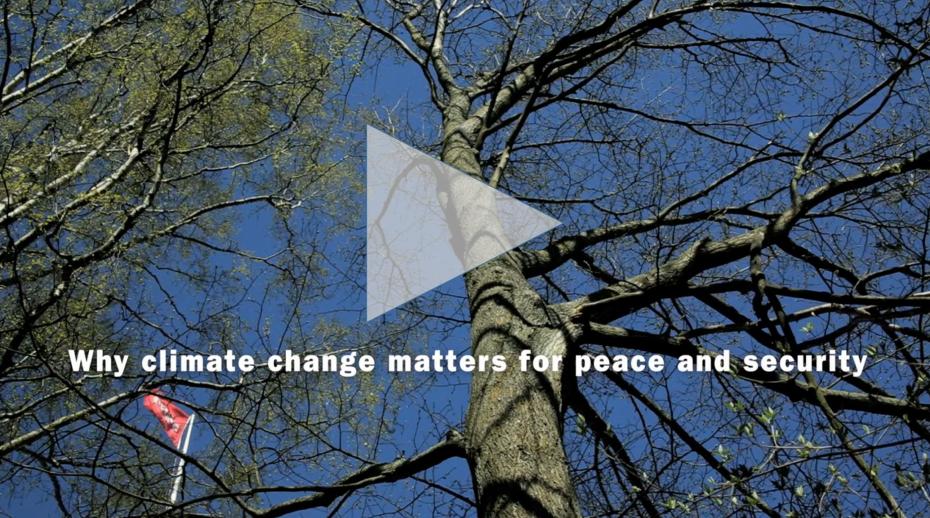 |
| SIPRI releases new film on climate change, peace and security |
| SIPRI released a new film in August on the interaction between climate change, peace and security, highlighting SIPRI’s work in this area. ‘Why climate change matters for peace and security’ is the first film in the SIPRI Reflection series, which follows on from the successful 50th anniversary series (2016—A Year of Reflection). In a blog post discussing some of the issues raised in the film, SIPRI Researchers Amiera Sawas and Florian Krampe reflect on why the United Nations Security Council should deal with climate security risks. |
|
| Watch SIPRI’s film | Read the blog |
|
|
| |
 |
| Spotlight: Ministers in focus |
| SIPRI is pleased to announce the production of several new episodes of its Spotlight film series. The new episodes include recent interviews with ministers from Liberia, the Former Yugoslav Republic of Macedonia and Sierra Leone. |
| Watch the Spotlight series on SIPRI’s YouTube channel |
|
|
| |
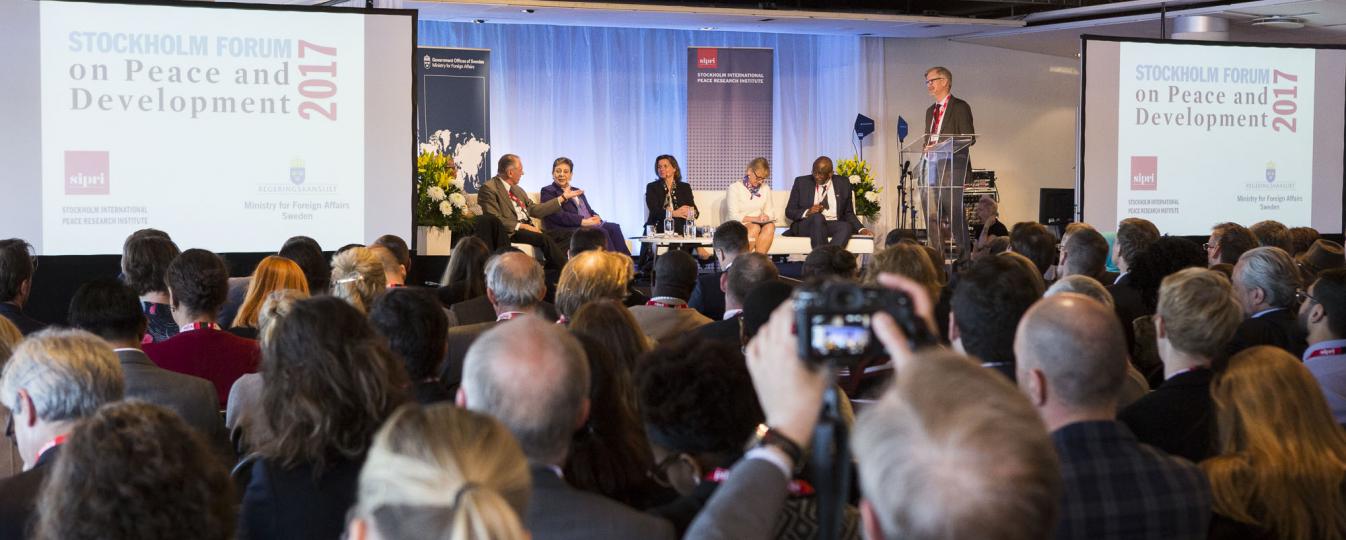 |
| |
| Conference Report: 2017 Stockholm Forum on Peace and Development |
| SIPRI and the Swedish Ministry for Foreign Affairs hosted the fourth annual Stockholm Forum on Peace and Development in May. This year's Forum focused on 'what works' in preventing conflict and sustaining peace, with participants sharing practices and experiences from different contexts. This report summarizes key takeaways as well as recommendations and next steps prescribed during individual sessions and select participant reflections. |
| Read the report |
|
|
|
| COMMENTARY |
|
|
| |
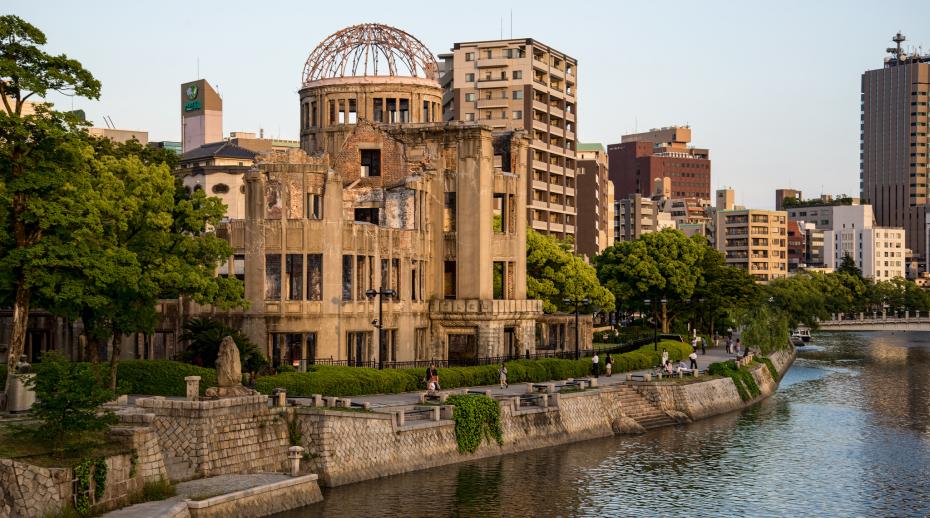 |
| After 72 years, nuclear weapons have been prohibited |
| On 7 July 2017, 122 states approved the Treaty on the Prohibition of Nuclear Weapons, often called ‘the ban treaty’, at the UN in New York. Tarja Cronberg reflects on how this new treaty fits into the nuclear non-proliferation regime and how it provides civil society with a new instrument to apply pressure on nuclear weapon states to make progress on disarmament. |
| Read the backgrounder |
|
|
| |
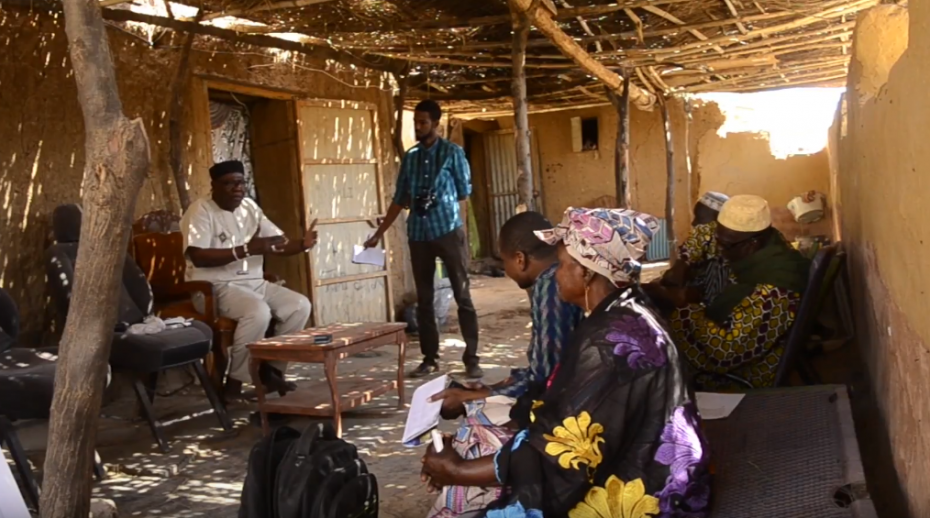 |
| Numerous issues covered on SIPRI’s WritePeace blog |
| SIPRI has published a number of blog posts in recent weeks, providing timely commentary and analysis in different research areas. The blog posts discuss a range of topics including the impact of anti-vehicle mines in modern conflict, how mine action fits into developmental and peace frameworks, US President Donald Trump’s understanding of ‘Western values’, Brazil’s military spending, and the future of common defence in the European Union. Other recent blog posts examine the renewal of the MINUSMA mandate in Mali and the establishment of the Joint Force Sahel. |
| Read the WritePeace blog |
|
|
| |
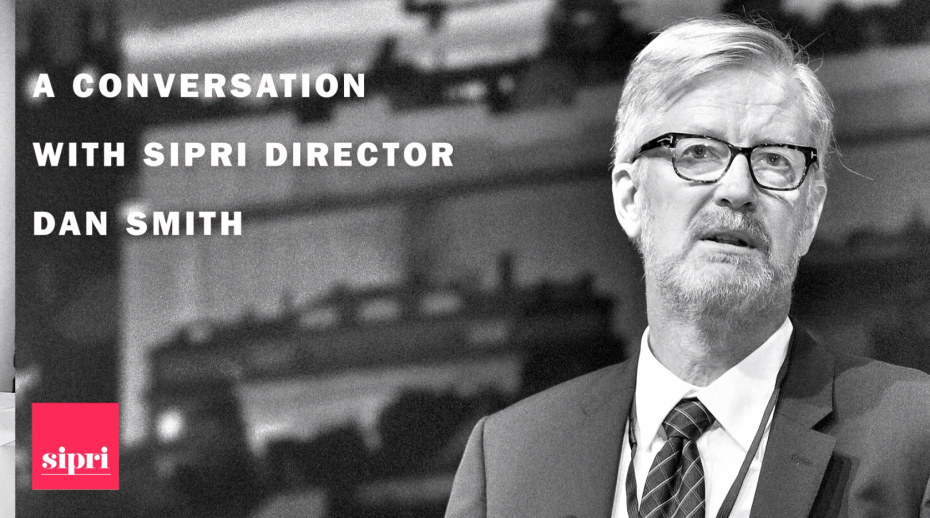 |
| Peace Points |
| SIPRI is pleased to announce the production of four new episodes of its Peace Points film series. In these episodes, SIPRI Director Dan Smith discusses tension dynamics in the Middle East, the nuclear threat and North Korea, and the need for strong political leadership and responsive, inclusive institutions to tackle the many crises faced by the international community. |
| Watch the Peace Points series on YouTube |
|
|
|
| UPCOMING EVENTS |
| |
| 13–15 September 2017 |
| 2017 Stockholm Security Conference |
| SIPRI, in partnership with the City of Stockholm, the Swedish Riksdag and the Swedish Civil Contingencies Agency (MSB), will host the second Stockholm Security Conference, this year with a focus on ‘Secure Cities in an Insecure World’. The conference will bring together leading representatives from the political, academic and business worlds, as well as civil society, to explore today's security challenges and opportunities for cities. They will discuss how current global trends and strains—climate change, migration, war, terrorism, crime and technological innovation—affect people in cities, and how cities can respond. |
| Read more | Read the Press Release | Watch short interviews from the 2016 Conference |
|
| |
| |
| 26 September 2017 |
| Addressing climate fragility risks: What works? |
| SIPRI Researcher Florian Krampe will moderate a discussion session as part of Debating Security Plus 2017 (26–28 September). Participants will be encouraged to share their own experience to enable direct learning of what works to successfully address the complex and overlapping risks that relate to climate change, livelihood insecurity and conflict. |
| Read more and join the debate |
|
|
| RECENT EVENTS |
| |
| 22 August 2017 |
| Visit of Oman’s foreign minister to SIPRI |
| As part of his official visit to Sweden, SIPRI hosted His Excellency, Yusuf bin Alawi bin Abdullah, Minister Responsible for Foreign Affairs for Oman. Ambassador Jan Eliasson, Chair of the SIPRI Governing Board, presided over an inspiring and constructive discussion with the minister on topical regional and international issues. |
| Read more |
|
| |
| |
| 24 August 2017 |
| Should the UN Security Council deal with climate change? |
| SIPRI Senior Researcher Malin Mobjörk and Researcher Florian Krampe participated in a discussion session organized by SIPRI as part of the Stockholm Act festival (21–27 August). Discussions touched on how institutions such as the UN Security Council should evolve to be fit for purpose in the 21st century in order to respond effectively to current global challenges. |
| Read more |
|
|
| PUBLICATIONS |
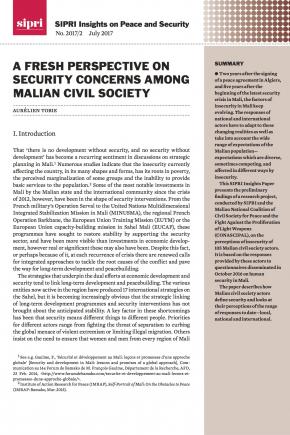 |
| A fresh perspective on security concerns among Malian civil society |
| This SIPRI Insights Paper presents the preliminary findings of a research project, conducted by SIPRI and the Malian National Coalition of Civil Society for Peace and the Fight Against the Proliferation of Light Weapons (CONASCIPAL), on the perceptions of insecurity of 105 Malian civil society actors. It is based on the responses provided by these actors to questionnaires disseminated in October 2016 on human security in Mali. The paper describes how Malian civil society actors define security and looks at their perceptions of the range of responses to date at local, national and international levels. |
| Read the publication |
|
|
| |
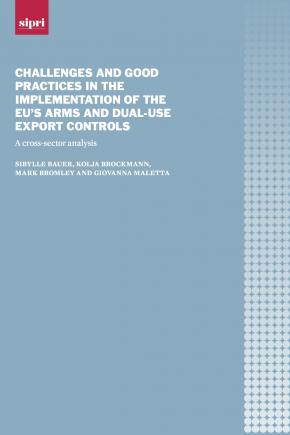 |
| SIPRI study examines the challenges associated with implementing effective Internal Compliance Programmes |
| SIPRI is pleased to present a Concept Paper and set of Good Practice Guides examining the challenges facing the establishment and implementation of an effective Internal Compliance Programme (ICP) by companies and research institutes subject to dual-use and arms export controls. The Good Practice Guides cover the nuclear, defence and aerospace, and information and communication technology sectors as well as actors from academia and research, and transport and distribution service providers. Each guide includes guidance material produced by national governments, the EU and other bodies together with publicly available ICPs produced by companies and research institutes. |
| Read the publications |
|
|
| |
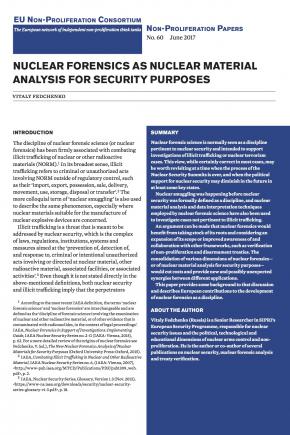 |
| Nuclear forensics as nuclear material analysis for security purposes |
| Nuclear forensic science is normally seen as a discipline pertinent to nuclear security and intended to support investigations of illicit trafficking or nuclear terrorism cases. This paper argues that this view, while certainly correct in most cases, may be worth revisiting at a time when the process of the Nuclear Security Summits is over, and when the political support for nuclear security may diminish in the future in at least some key states. |
| Read the publication |
|
|
| |
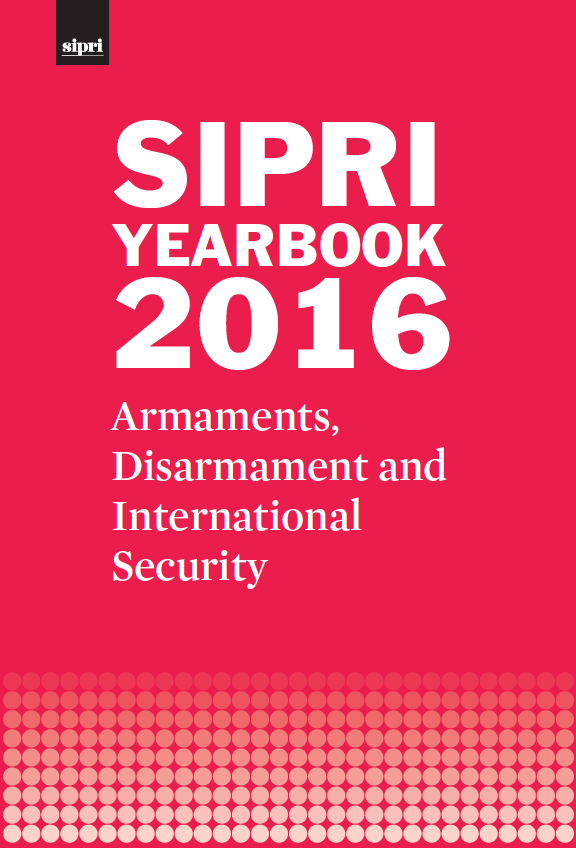 |
| SIPRI Yearbook 2016 |
The 47th edition of the SIPRI Yearbook is a compendium of data and analysis in the areas of security and conflicts; military spending and armaments; and non-proliferation, arms control and disarmament. It covers developments during 2015, including:
- aspects of the conflicts in the Middle East;
- the role and impact of international sanctions on Iran;
- the ongoing peace process in Mali; and
- the implementation of the Sustainable Development Goals.
|
| Browse the contents page | Read the summary (pdf) |
|
|
| |
Contact SIPRI by email: sipri@sipri.org; telephone: +46 8 655 97 00;
or post: SIPRI, Signalistgatan 9, SE-169 72 Solna, Sweden.
This message was sent to [agnEMAIL].
If you would prefer not to receive emails from SIPRI, simply unsubscribe. |
|
|
|